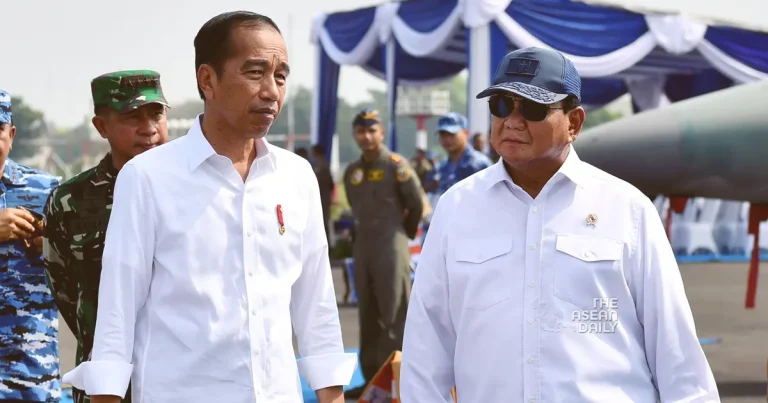20-3-2024 (JAKARTA) Indonesia’s President Joko Widodo, set to conclude his decade-long tenure, is strategizing to uphold his political clout even after leaving office, with analysts suggesting he is eyeing his sons’ political careers and a potential leadership role within the country’s oldest political party, Golkar.
Ian Wilson, a senior fellow at Murdoch University’s Indo-Pacific Research Centre in Perth, remarked, “Widodo wants to secure his legacy and the interests of his family… securing a political vehicle is important.”
At 62, Widodo is preparing to hand over power to presumptive president-elect Prabowo Subianto in October, following Prabowo’s apparent victory in the February 14 election. Prabowo’s success, largely attributed to Widodo’s support, has prompted speculation about Widodo’s future political position.
While Widodo has been affiliated with the ruling Indonesian Democratic Party of Struggle (PDI-P) for two decades, his alliance with the party’s chairwoman, Megawati Sukarnoputri, soured after he endorsed Prabowo over the PDI-P’s candidate.
With his options narrowing, Widodo is reportedly considering a shift to the Golkar Party, which stands to gain substantial legislative power. Golkar, once associated with the late dictator Suharto, has rebranded itself in recent years. Wilson noted that Golkar sees the value in aligning with Widodo due to his popularity.
Anticipating a decline in influence post-presidency, Widodo is reportedly seeking a swift political foothold, potentially through a snap election for Golkar’s chairmanship. Despite potential resistance, Widodo has demonstrated a willingness to navigate party rules to secure his position.
Should Widodo fail to secure Golkar’s chairmanship, he may opt for an advisory role within the party to maintain relevance, according to Dedi Dinarto, lead Indonesia analyst at Global Counsel.
Critics have accused Widodo of leveraging state institutions to pave the way for his son Gibran Rakabuming Raka’s political ascent. Gibran, the mayor of Solo, was controversially allowed to join Prabowo’s ticket despite not meeting the age requirement, sparking accusations of dynastic politics.

Speculation surrounds Gibran’s potential chairmanship of Golkar, though he has denied such intentions. Widodo’s son-in-law, Bobby Nasution, and youngest son, Kaesang Pangarep, have also entered the political arena, supported by Golkar.
Despite criticisms, Widodo’s popularity remains high, with approval ratings exceeding 80% in his final year. However, his influence post-presidency may hinge on his relationship with Prabowo, as Dedi suggests.
Ultimately, Widodo’s manoeuvres reflect a broader effort to maintain relevance and influence in Indonesia’s political landscape beyond his presidency.




